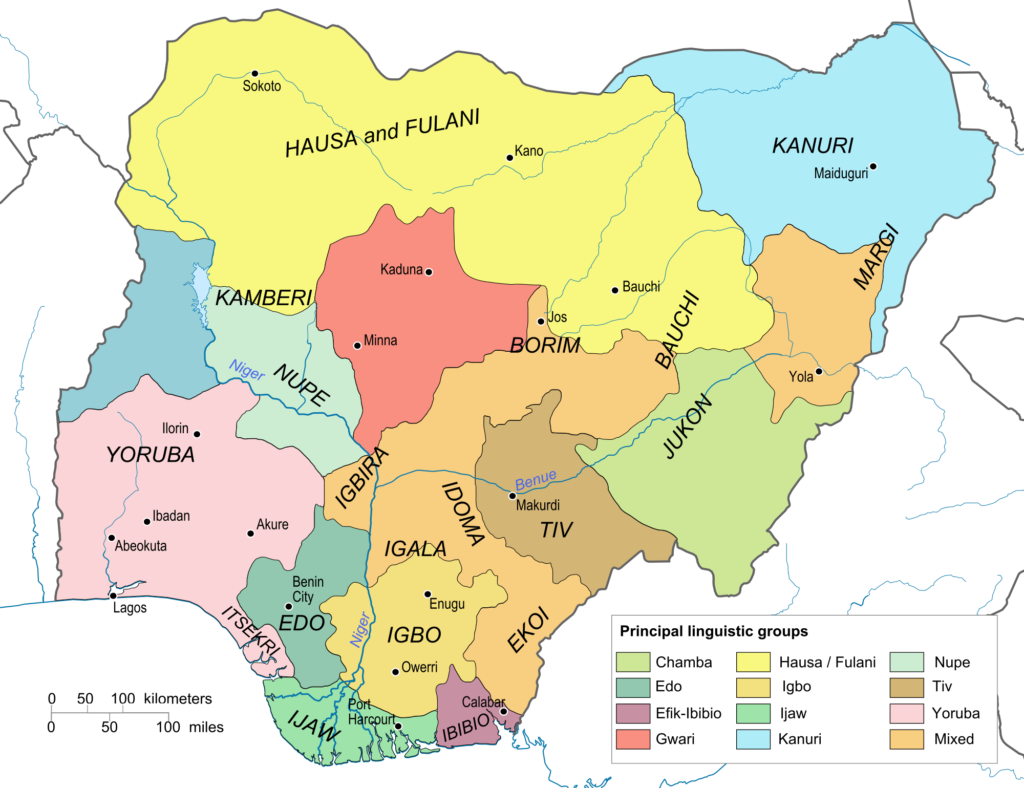The political landscape of Nigeria holds immense significance not only within the country but also on a global scale. As the most populous nation in Africa, Nigeria’s political dynamics and developments have far-reaching implications.
The 2023 general elections in Nigeria have captured the attention of both domestic and international observers. It is a critical moment that will shape the future of Nigerian politics and governance. To truly understand the significance of Nigeria’s political landscape, it is crucial to delve into a comprehensive analysis of its key players, parties, policies, and socio-economic factors that influence decision-making.
The 2023 general elections in Nigeria which was held on the 25th of February 2023, brought back Nigerians from around the world out to vote for who to rule for the next four years. It had a massive turn up of Nigeria citizens who came out to cast their votes.

Political analysis in Nigeria requires an understanding of the complex interplay between ethnic diversity, regional disparities, religious affiliations, socioeconomic inequalities, and historical legacies. These factors often shape political alliances and determine electoral outcomes.
In addition to its internal significance, Nigeria’s political landscape has broader implications for Africa as a whole. The country plays a prominent role in regional politics and has been instrumental in mediating conflicts across the continent. Changes in Nigerian politics can potentially impact neighboring countries’ stability and influence regional integration efforts.
Therefore, comprehending the intricacies of Nigerian politics goes beyond mere academic curiosity; it provides valuable insights into one of Africa’s most influential nations. By examining key trends, analyzing power dynamics, and understanding voter behavior patterns leading up to the 2023 general elections, we can gain valuable perspectives on Nigeria’s future trajectory within an ever-changing global context.


